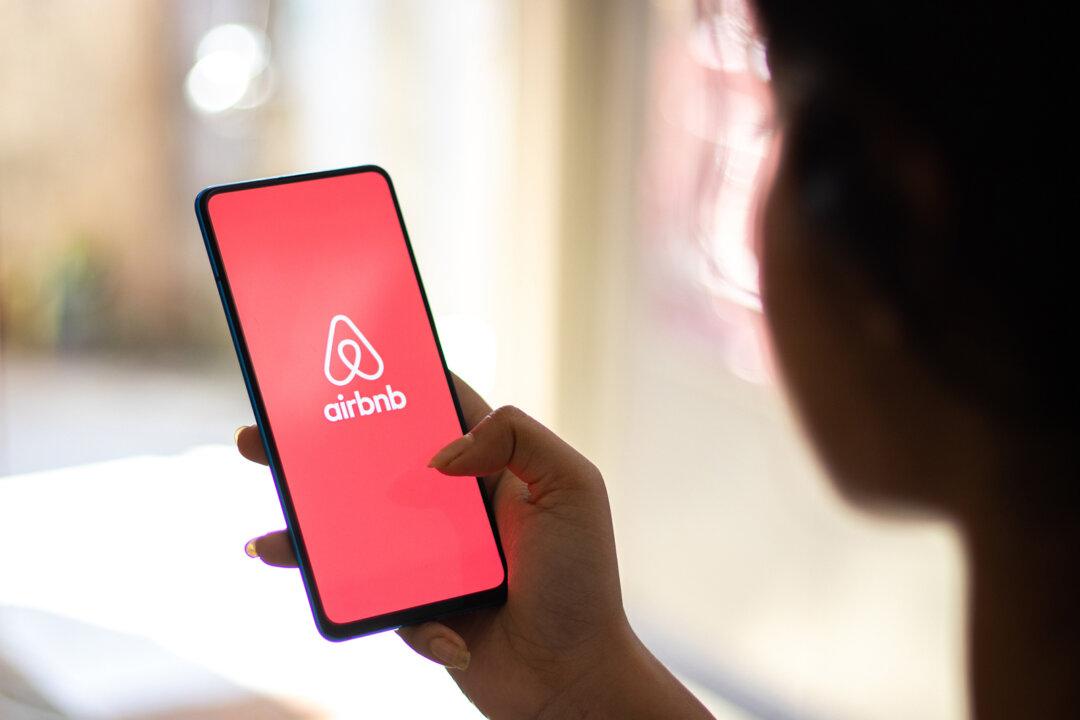By Hunter Boyce
From The Atlanta Journal-Constitution
As the housing market continues to soar, many homeowners are looking for ways to make the most out of their properties. Turning your home into an Airbnb can be a good way to make some extra money. But, there are some important pointers to follow before opening your home to patrons. Symon He, co-owner of LearnAirbnb, told CNBC that you will first need to do some research.






